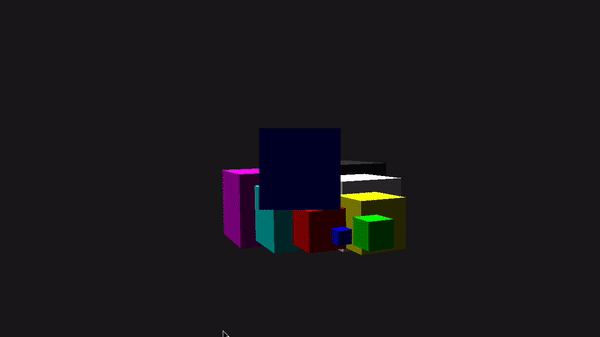ScienceDiscoverer said:
I was wondering if I'm the only one having this feelings, or is there any other people like me out there?
I wouldn't call my dislike of Unity and UE an aversion, but rather questionable decisions and shady business practices that are my main concern around those.
Generic engines give out a basic toolset you can use to make a game - it is going to be useful for some projects, but useless for others. Before adding any tool into given project, you have to consider its pros and cons … and here comes one problem with the 2 above mentioned.
Epic is well known for questionable business practices (Fradulent purchases without consent in their products, etc.), buying out companies that developed middleware or assets and pushing those “for free” into UE - which means all the bought companies must operate at loss (which may or may not be a problem). Their introduction of many things into engine just to drop them a version after is another thing.
Unity questionable decisions and bad practices are well known - introducing massive changes like ECS/DOTS, UIElements, etc. - having them for years in beta changing interface (rendering those useless). Not to mention their weird business model (we all knew they operate at massive loss, but their decisions were just bad and weird damage control doesn't help it).
Not to mention their weird introduction of “Industry” and other licenses, which increase cost for industrial customers at literally no advantage. Giving you option - either drop your product or start paying N-times more.
These are reasons why NOT to use them - as you can see, most of those are legal/business ones. There are also technical ones (UE control latency feeling off, performance of both, etc.) - but these are project-specific, rather than generic.
Note: There are other engine development companies that offer to an extent comparable generic engines, and each come with their own ups and downs. I do mention above 2 because I do have experience with both. This doesn't mean I won't consider using them for some project, it's just my 50c on what to always consider with these 2 companies. The benefits may outweigh these risks!
ScienceDiscoverer said:
I think that the “core” or “soul” of the game is its Engine. And by reusing the same generic engines in all the games, this essentially creates unoriginal clones “at the core”. Another issue lies in the fact that game designers in many cases need to adjust their design to fit concrete engine. And when you have only 1 or 2 engines, this forces same designs to manifest over and over again.
This is incorrect, engine isn't anything more than a bunch of underlying functions and libraries allowing you to develop products (games) on top of it. Yes, these generic ones have editors (as well as the one we built & use in-house and for commercial products) - but they're not what makes the game.
If designer needs to adjust their design to fit given engine - then the whole studio does it wrong.
Going for your own tech comes at few downsides - it costs resources to develop it, those can be significant (it depends on what kind of tech you need). Our own tech has been developed for 10+ years so far and I doubt you'd call it solo-project. It is also commercially used.
If I were to make a game without that tech available - I'd choose one of ready-made engines (assuming those would be suitable for given game), instead of developing my own from scratch.
ScienceDiscoverer said:
I wish gamedev industry would ditch this engines one day, and begin to foster original ideas on all the level of development.
This is hard and expensive, I get it. But I think it would be better to have less games, less often, but more unique and optimised ones.
Why? They are tools. Much like WinAPI, Direct3D 12, Blender, Photoshop, Krita, etc. What you do with the tools is entirely up to you.
There is no shortage of generic engines, and there is no shortage of games using their own engine.
UE/Unity/… bring in some specifics to the asset pipeline, which might be considered a good thing in some projects (especially with larger art teams where rotation of artists happens often). Visual-wise there isn't that big difference between what you can achieve with either of those generic engines - all can be used for high-fidelity games, all can be used for stylized games, etc. If it's done good, users won't know.
If the decision is solely based on “UE just looks better than Unity” then whoever called that decision and the management are just full of complete idiots (and yes, I know some teams that did this).
Overall - use the tools you consider the best for given kind of job. If Unity can significantly accelerate development of your game and risks aren't that big - go for it. Same foes for UE. Or for Godot. etc. If they won't provide any major benefit (or no benefit at all) for given project - don't use them.















